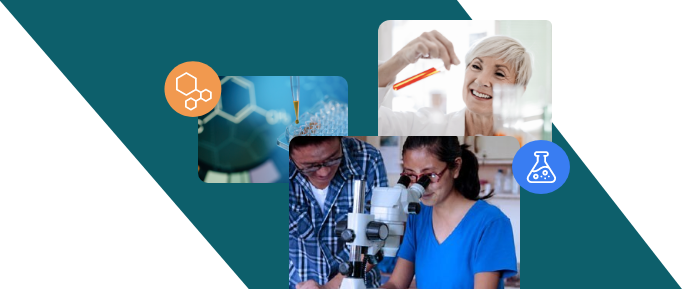
On-demand virtual event
Biological & Medicinal Chemistry
Plasmodium parasites that cause Malaria infect hundreds of millions each year, but we still lack a full understanding of how they transmit from host to host and the conditions that enable Plasmodium parasites to multiply inside the liver before assaulting the body. Emily R. Derbyshire of Duke University will share how her lab employs chemical biology, biochemistry and genomics to develop small molecule probes, gene sequencing technologies and forward genetic screens that can observe the metamorphosis of Plasmodium in liver cells and reveal biological processes critical to this elusive developmental stage of the infection.
Learn about efforts to illuminate these processes and reveal parasitic vulnerabilities that can be exploited in new drugs to combat this deadly disease. Emily R. Derbyshire of Duke University will share how her lab employs chemical biology, biochemistry and genomics to develop small molecule probes, gene sequencing technologies and forward genetic screens that can observe the metamorphosis of Plasmodium in liver cells and reveal biological processes critical to this elusive developmental stage of the infection.
Then, discover why new Malaria drug discovery must go beyond the pathogenic stages of the disease and be equally effective at targeting and suppressing transmission if there is hope to reduce reinfection and spread of drug resistance. Lyn-Marié Birkholtz of the University of Pretoria will describe the principles of antimalarial drug discovery that prioritizes transmission-blocking in candidates, including how her lab measures a block in the transmission of the parasite from the human host to the mosquito, the ideal profile of a transmission-blocking candidate, specific requirements in the physicochemical properties of such candidates, and development and deployment challenges.
This ACS Webinar is moderated by Jeremy Burrows from the Medicines for Malaria Venture and is co-produced with ACS Publications.
What You Will Learn
Meet The Experts
Keep learning. Excel in your career.
Choose from more than 200 courses in seven different categories, taught by experts in the chemistry community, online and in person.
